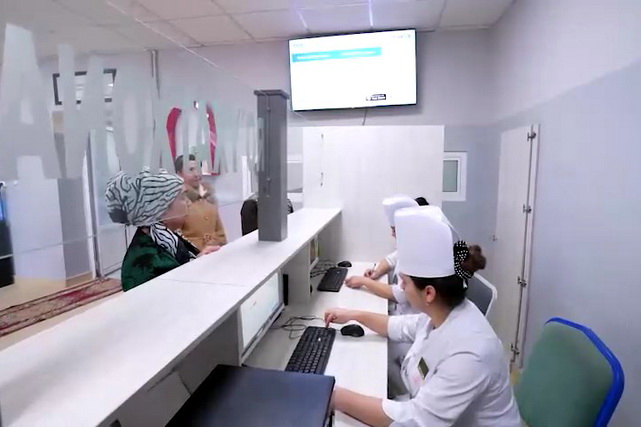
Over 23,000 Cases of Acute Intestinal Infections Reported in Uzbekistan in Six Months
Tashkent, Uzbekistan (UzDaily.com) — During the first half of 2025, approximately 23,558 cases of acute intestinal infections were recorded across Uzbekistan. This was reported by Maftuna Saidova, head of the press service of the Committee for Sanitary and Epidemiological Welfare and Public Health.
With the onset of the summer heat, acute intestinal infections become particularly widespread, especially among children. These illnesses are caused by various microorganisms, including bacteria and viruses.
The most common intestinal infections include typhoid fever, paratyphoid, salmonellosis, dysentery, viral hepatitis A, cholera, and others. According to the World Health Organization, more than one billion cases of diarrheal diseases are recorded globally each year, with 5 to 10 million resulting in death.
According to an analysis by the sanitary and epidemiological service, the highest number of cases in the first six months of this year was recorded in the city of Tashkent, as well as in Kashkadarya and Syrdarya regions and the Republic of Karakalpakstan. Young children have proven to be the most vulnerable group.
More than 5,000 cases were recorded among children under one year old, 7,678 in the age group of 1 to 3 years, 3,184 among those aged 4 to 6, nearly 2,000 among children aged 7 to 14, and 756 cases among adolescents aged 15 to 19. Among adults (aged 20 and older), 4,938 cases were registered.
Experts attribute the seasonal rise in infections to a number of contributing factors. Chief among them are the consumption of expired or improperly stored food, poor hygiene in preparing children's meals, eating unwashed fruits and vegetables, swimming in contaminated water, and close contact with infected individuals. The spread of infections is also fueled by unsanitary conditions in places where ready-to-eat meals, beverages, and other food products are sold.
Given that the majority of cases involve children under the age of three, parents are advised to pay special attention to hygiene. From birth, it is essential to consult regularly with a pediatrician, wash hands thoroughly before feeding a child, use only freshly prepared food, and avoid products of questionable origin, especially home-canned goods. Parents should not allow strangers to feed their child, use shared towels, or let children suck their fingers. Instilling personal hygiene habits from an early age and maintaining a proper feeding schedule are crucial.
Drinking boiled water and consuming safe foods, along with strict hygiene practices, remain the most reliable means of preventing acute intestinal infections.
It is important to remember that preventive measures are always more effective and safer than treating an already developed illness.